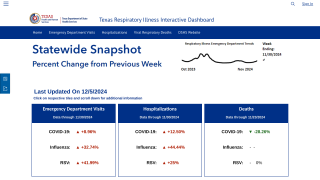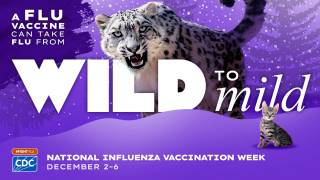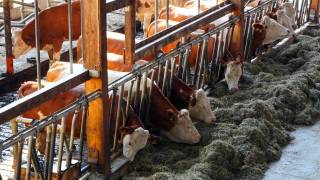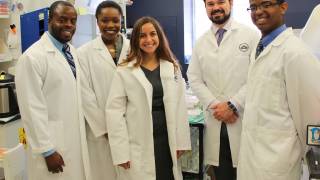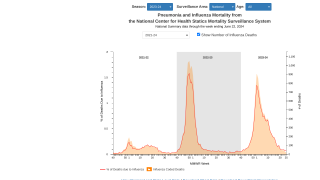Universal Flu Shot Enters Phase 2 Clinical Study

To receive the best protection against influenza, people must be vaccinated each year, says the National Institute of Allergy and Infectious Diseases (NIAID), part of the National Institutes of Health.
But, each Fall season, people ask healthcare providers when will a ‘universal’ flu vaccine become available?
One answer is that influenza viruses mutate constantly, which produce viruses that may not match the current influenza vaccines.
“The 2017-2018 influenza season in the United States was among the worst of the last decade and serves as a reminder of the urgent need for a more effective and broadly protective influenza vaccine,” said NIAID Director Anthony S. Fauci, M.D.
“An effective universal influenza vaccine would lessen the public health burden of influenza, alleviate suffering and save lives. There are numerous paths of inquiry that the scientific community is pursuing, with each new study yielding more critical information and bringing us closer to our shared goal.”
To address this need, a Phase 2 clinical trial of an investigational universal influenza vaccine intended to protect against multiple strains of the flu virus has begun in the United States.
The trial is testing an experimental vaccine called M-001 for safety and its ability to produce potentially broad protective immune responses, both on its own and when followed by a standard, licensed seasonal influenza vaccine.
Initially developed in Professor Ruth Arnon’s lab at the Weizmann Institute of Science in Israel, M-001 is comprised of nine epitopes common to influenza virus strains including both influenza Type A and B.
The new trial is being led by principal investigator Dr. Robert L. Atmar, professor of infectious diseases at Baylor College of Medicine in Houston. The trial will test the M-001 vaccine candidate, developed and produced by BiondVax Pharmaceuticals.
“There is a great need to develop a vaccine that protects against all strains of influenza and doesn’t need to be changed from year to year,” Dr. Atmar said.
The experimental M-001 vaccine contains antigenic peptide sequences shared among many different influenza viruses.
Theoretically, it could protect against many current and emerging strains of influenza.
Participants in this study will be assigned randomly to receive either two doses of the experimental vaccine or a placebo. They will be vaccinated twice, receiving one dose (1 mg; 0.4 milliliters) of M-001 or placebo via intramuscular injection on the first day and a second dose 22 days later.
Approximately 172 days later, all participants will receive an approved seasonal influenza vaccine. Each participant will be followed for approximately seven months.
In six completed clinical trials in Israel and Europe (two Phase 1/2 and four Phase 2), BiondVax’s universal flu vaccine candidate has been shown to be safe, well-tolerated, and immunogenic to a broad range of influenza strains.
Each year, seasonal influenza sickens millions in the United States and results in 140,000 to 710,000 hospitalizations and between 12,000 and 56,000 deaths, according to the Centers for Disease Control and Prevention.
Patients will be enrolled at the Baylor College of Medicine; the University of Iowa in Iowa City; and Cincinnati Children’s Hospital Medical Center. Laboratory support will be provided by Saint Louis University.
NIAID conducts and supports research at NIH, throughout the United States, and worldwide to study the causes of infectious and immune-mediated diseases and to develop better means of preventing, diagnosing and treating these illnesses.
Vaccines, like any medicine, can have side effects, says the CDC. You are encouraged to report negative side effects of vaccines to the FDA or CDC.
Our Trust Standards: Medical Advisory Committee




